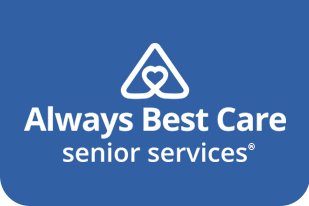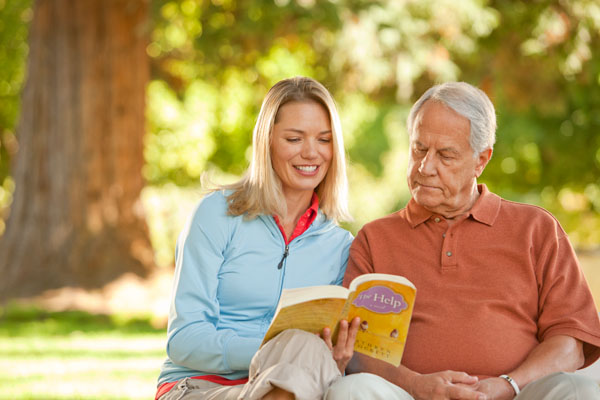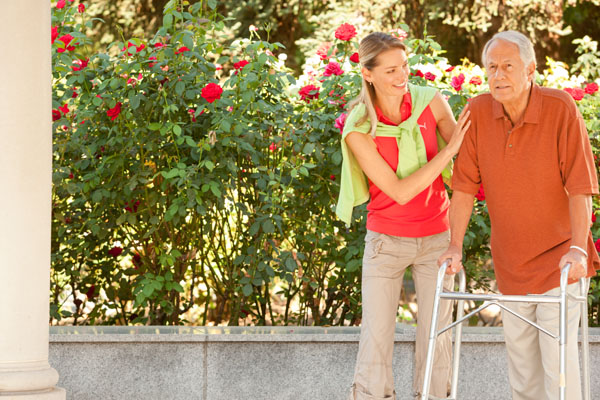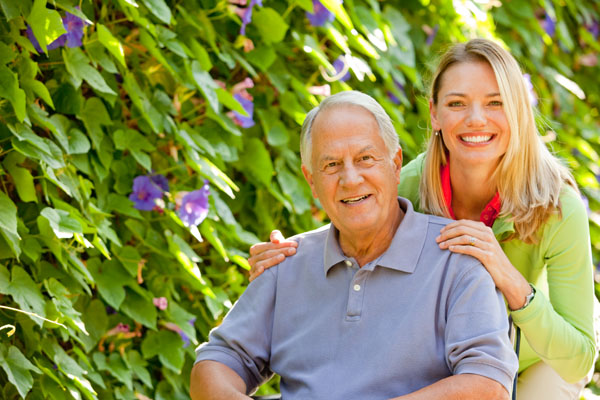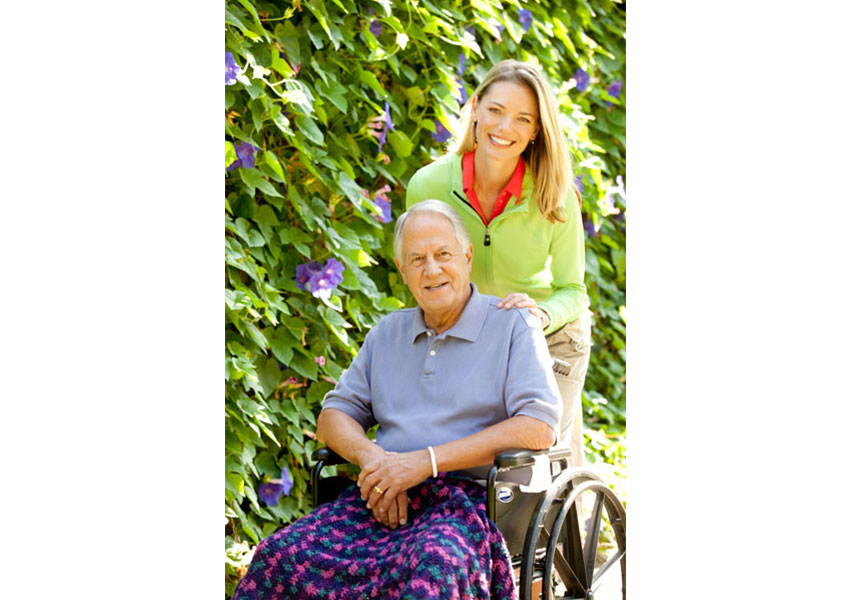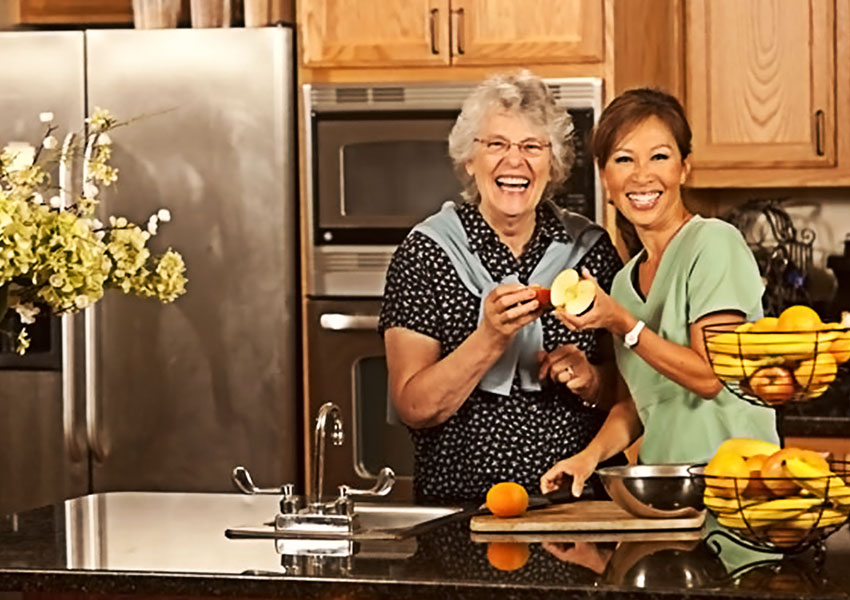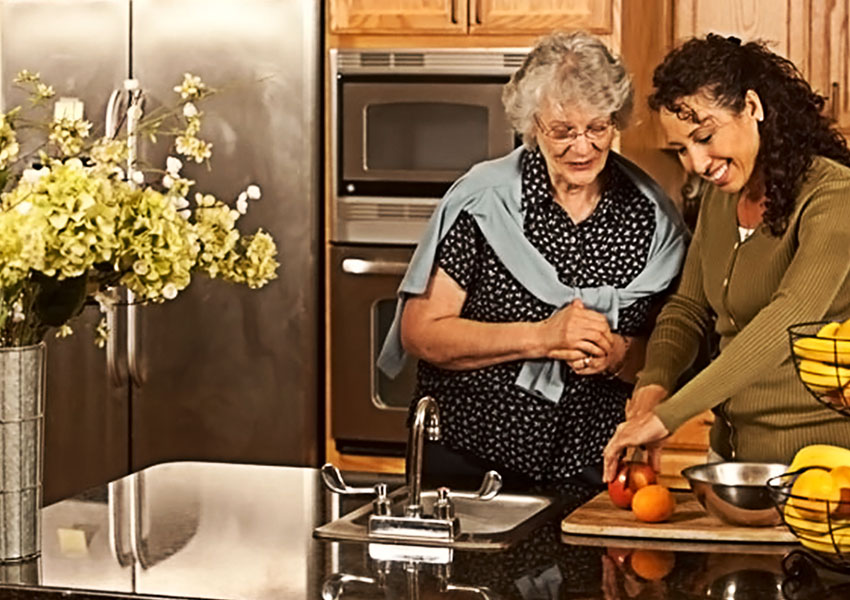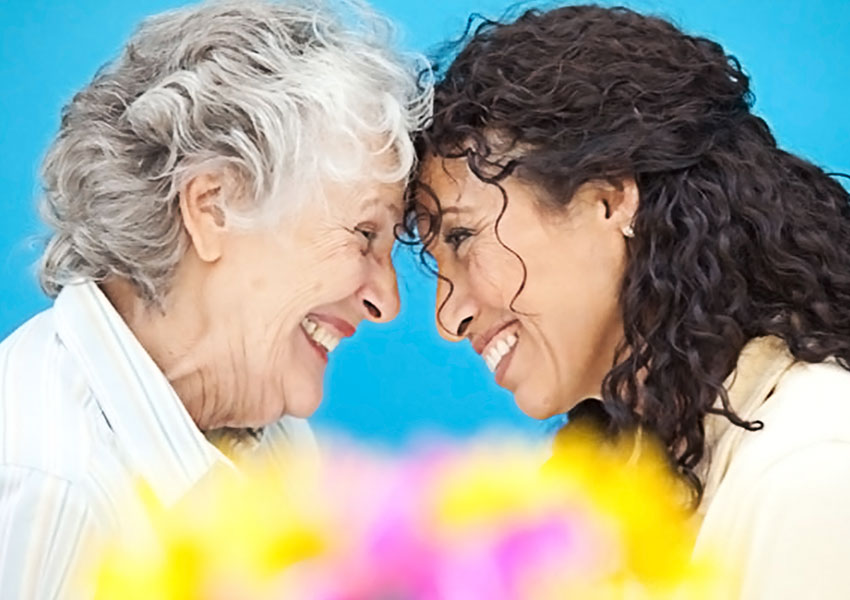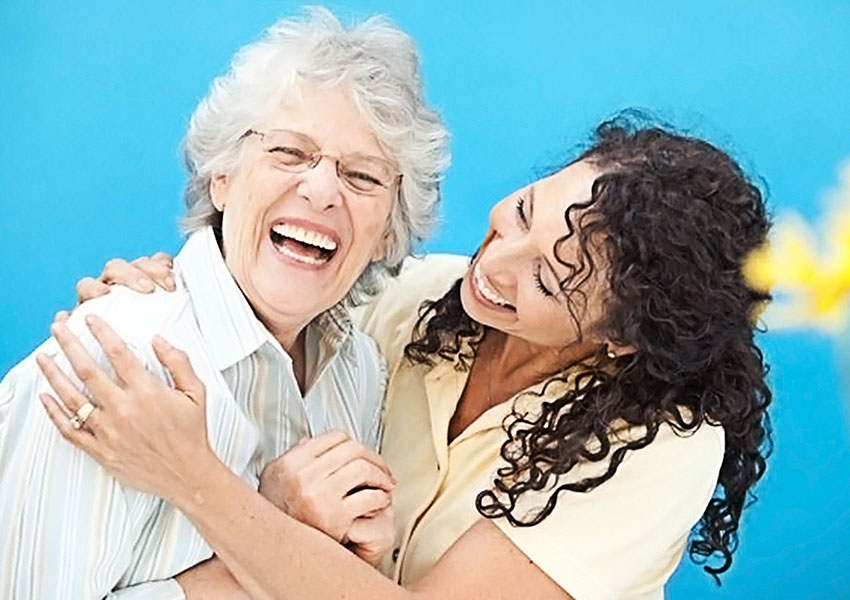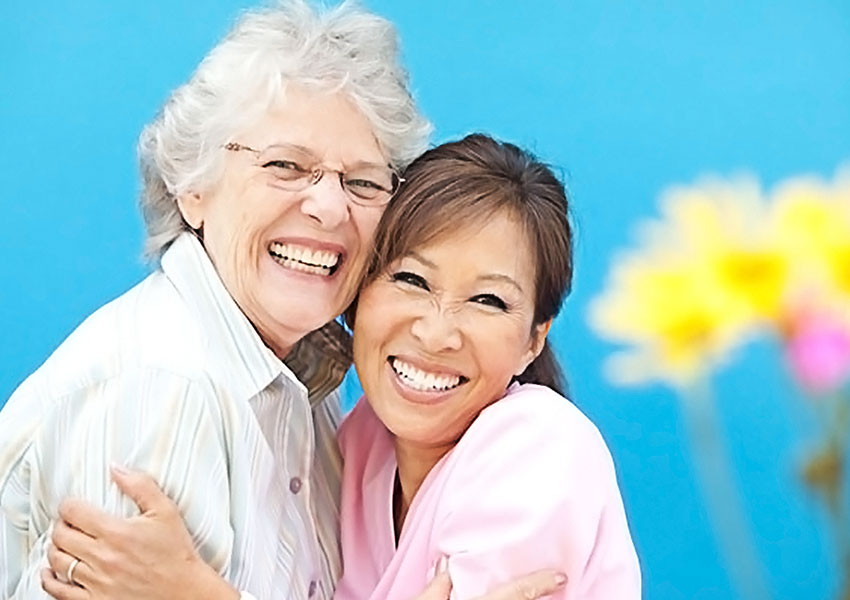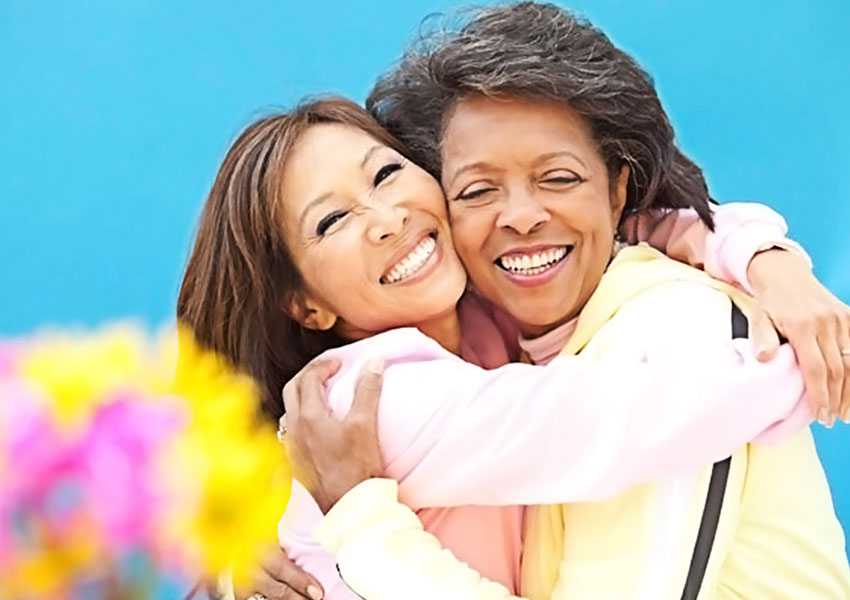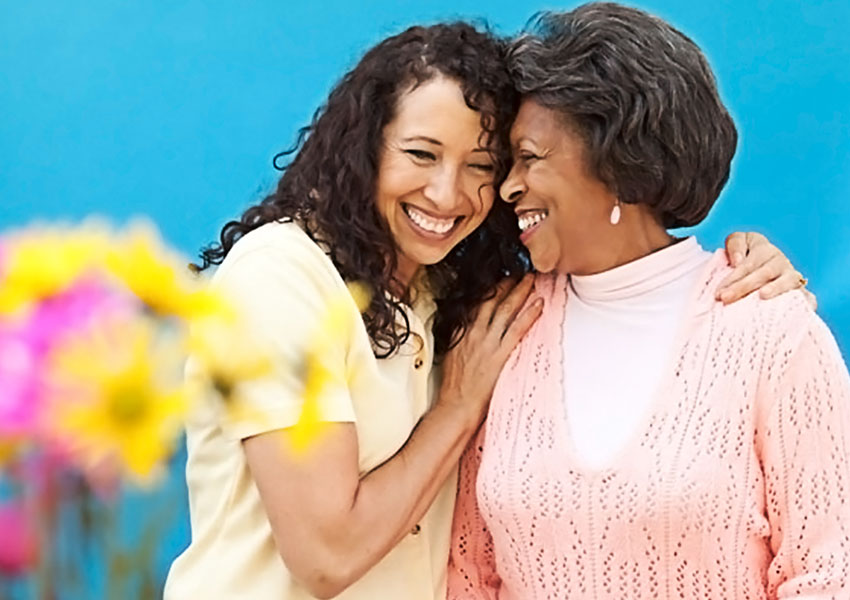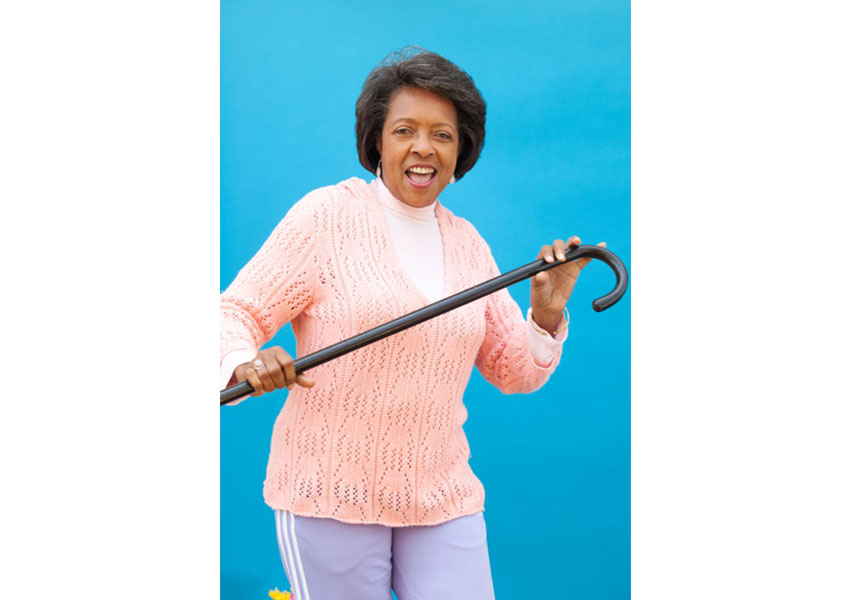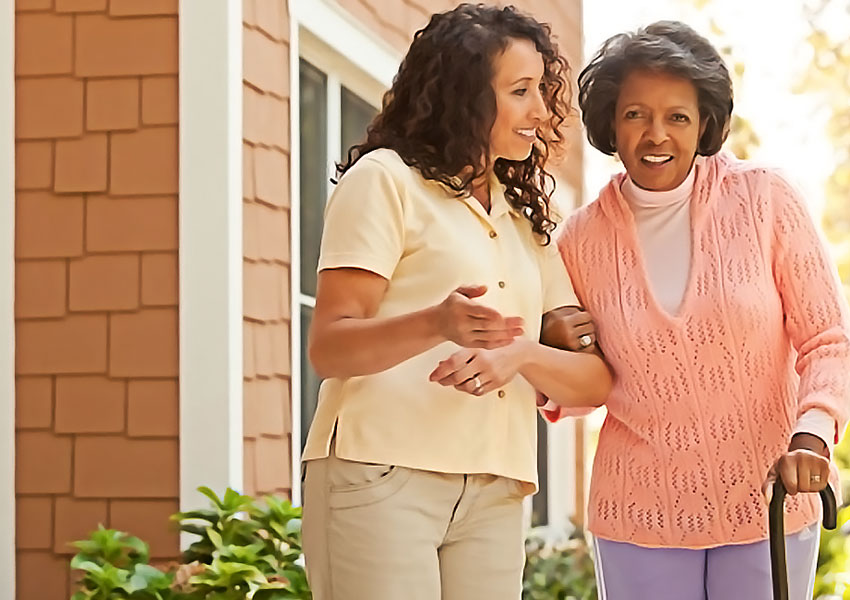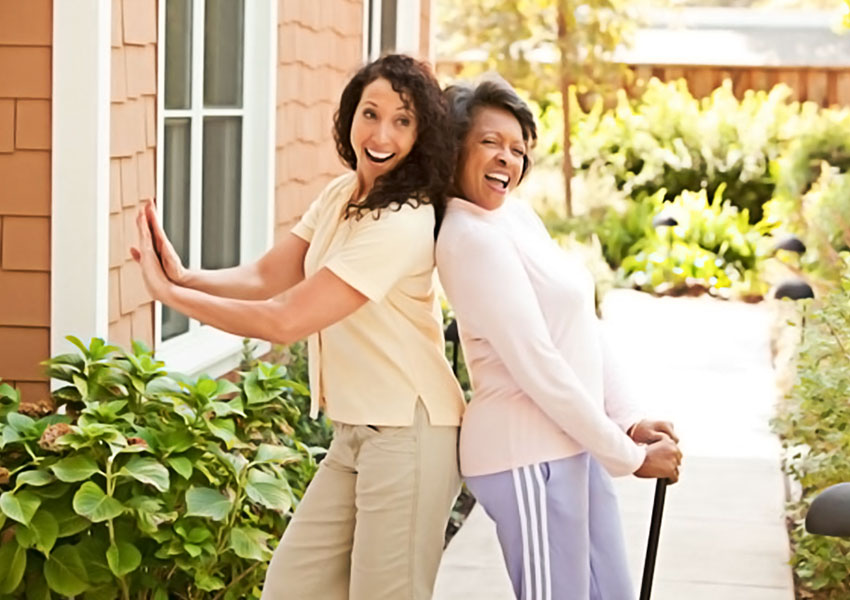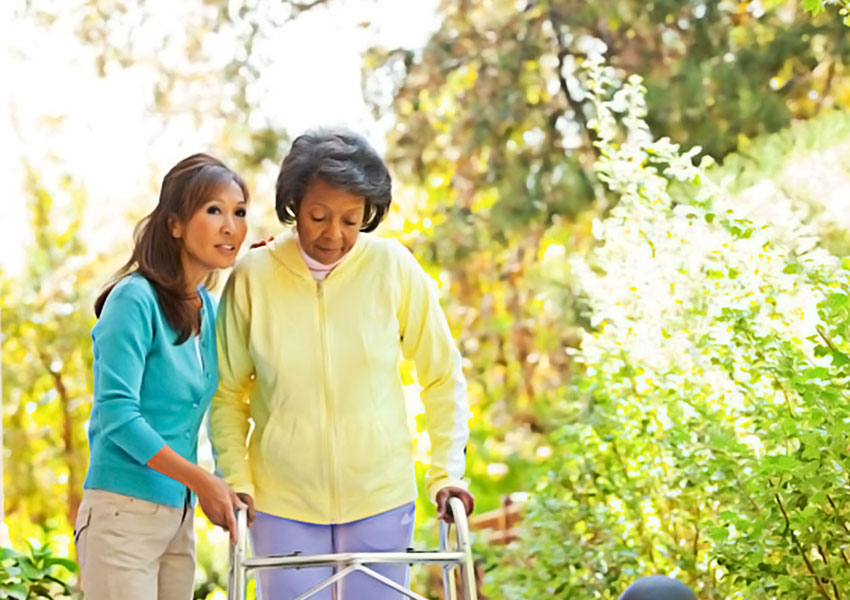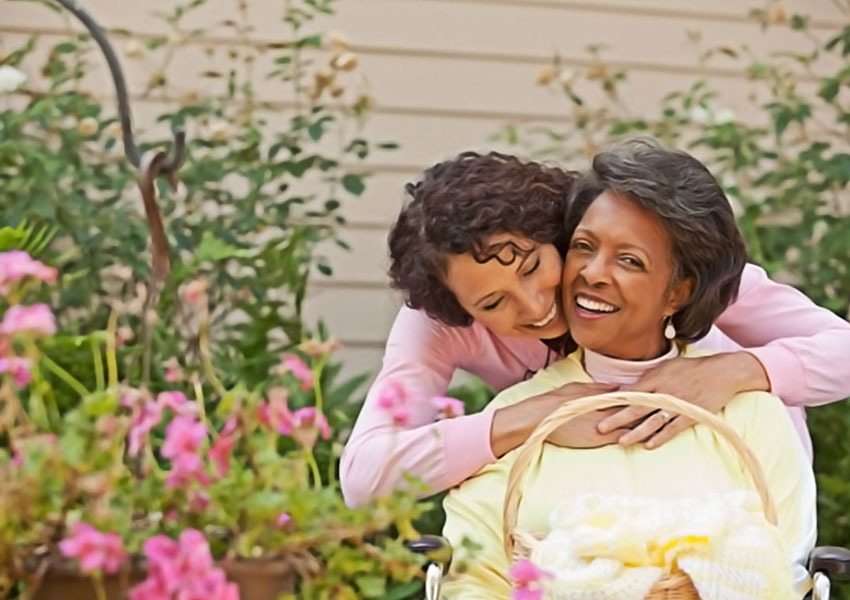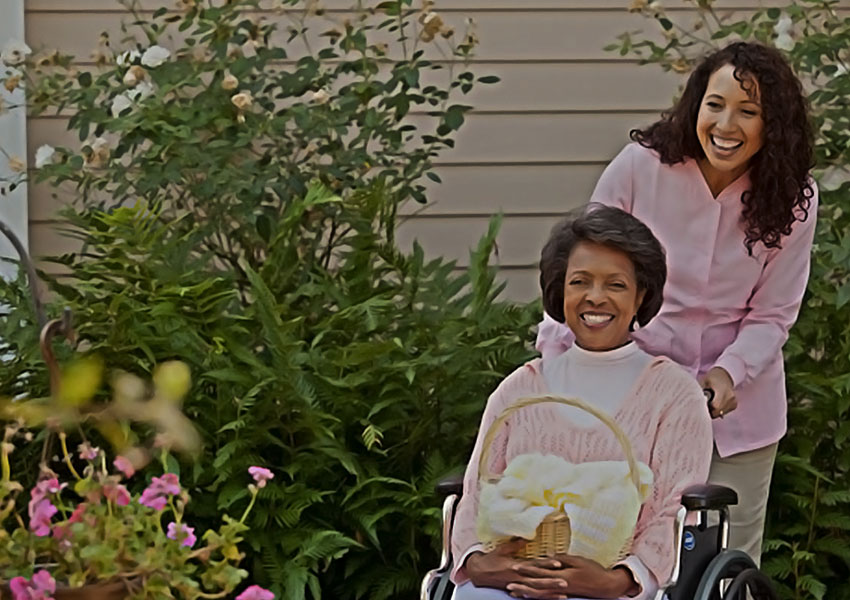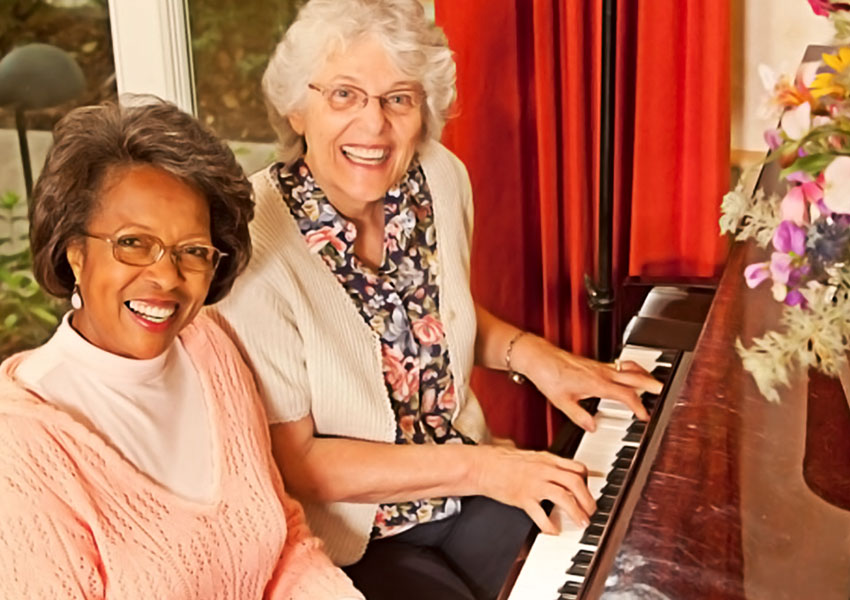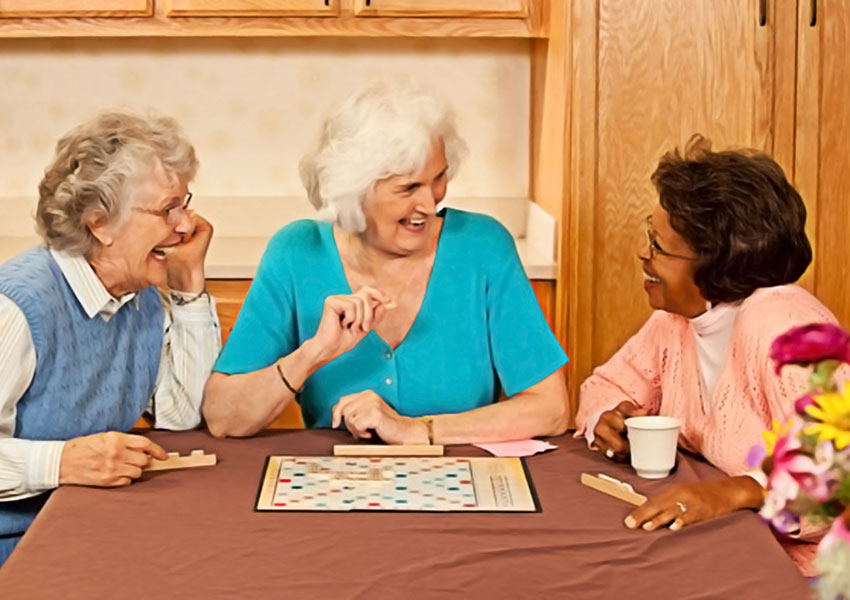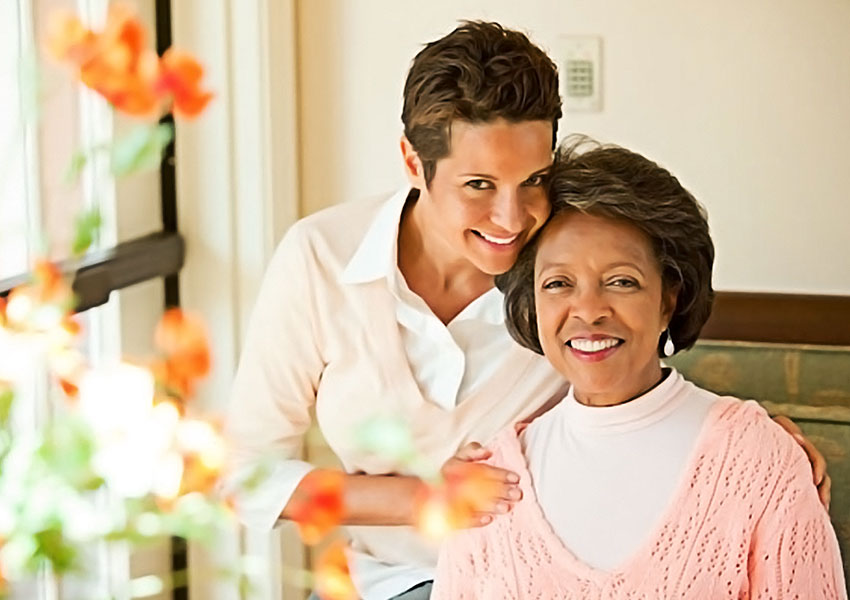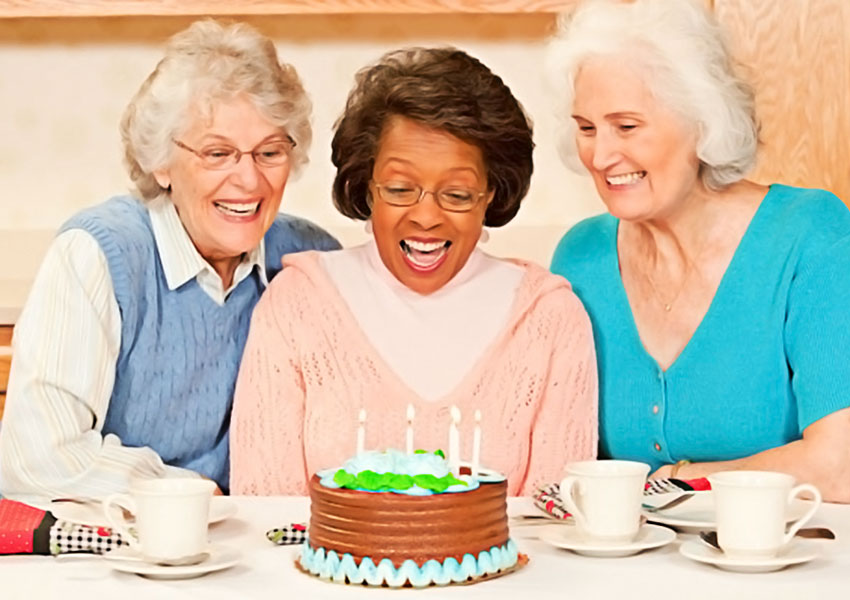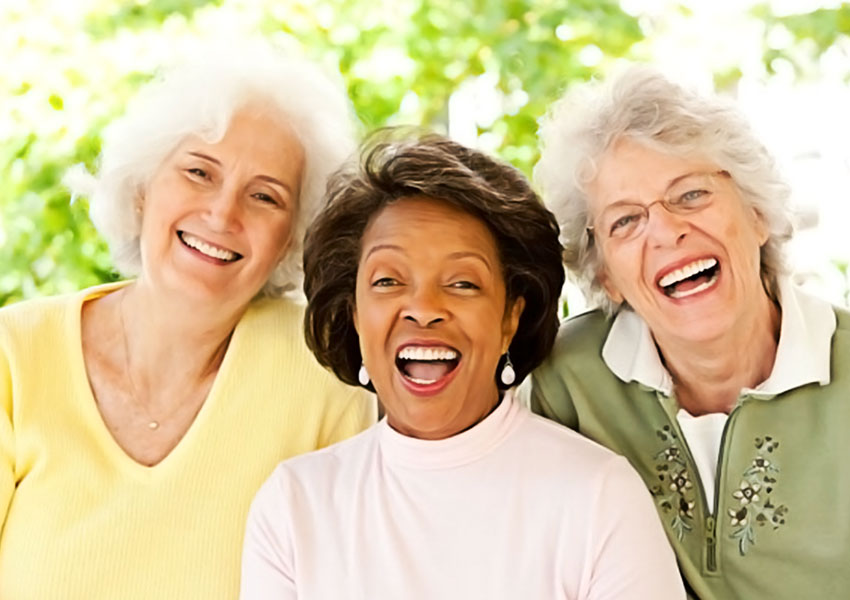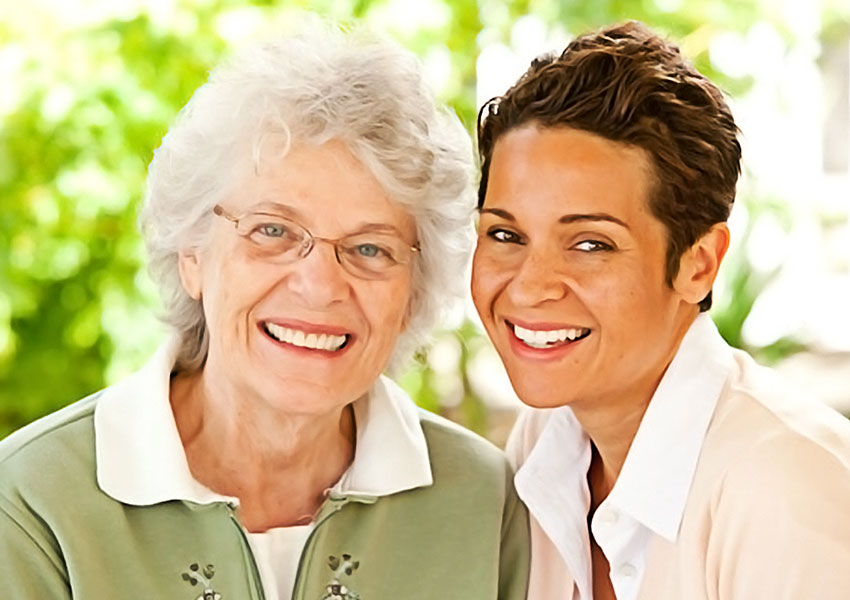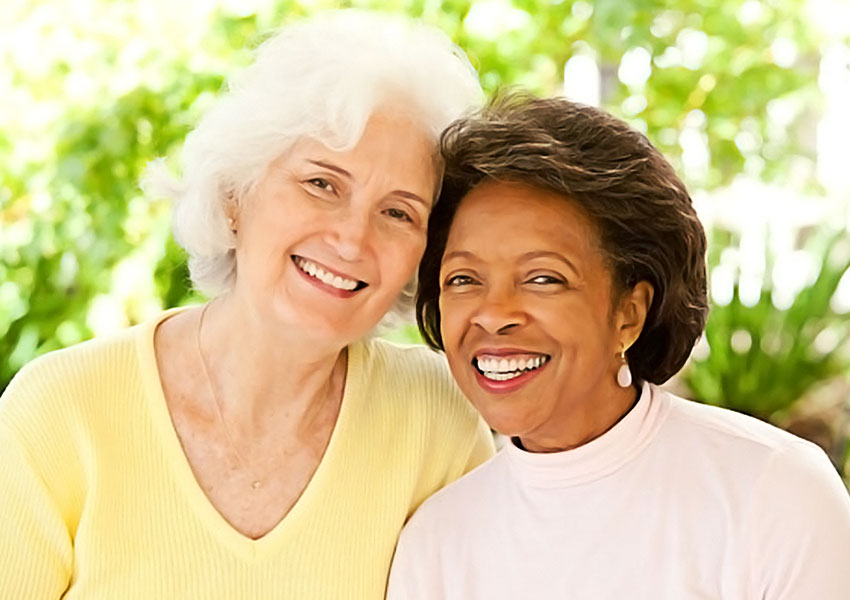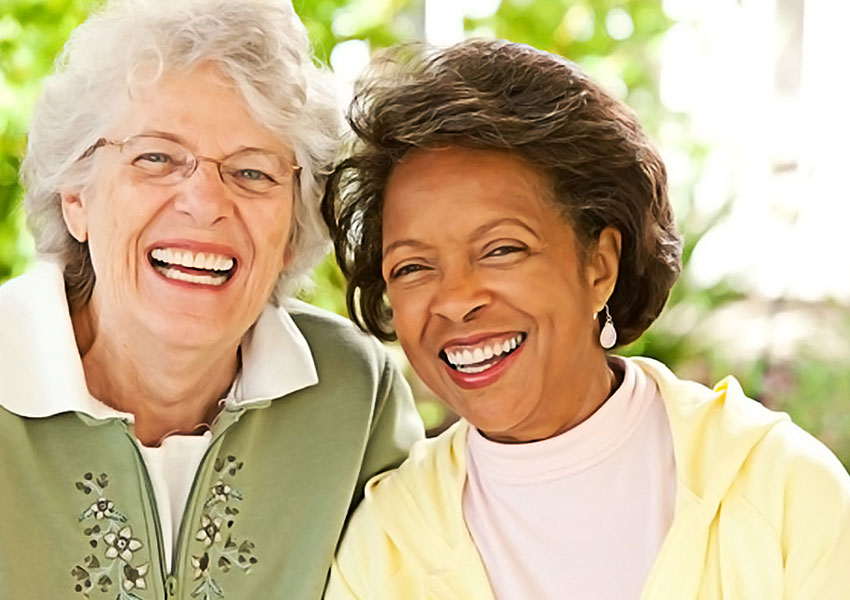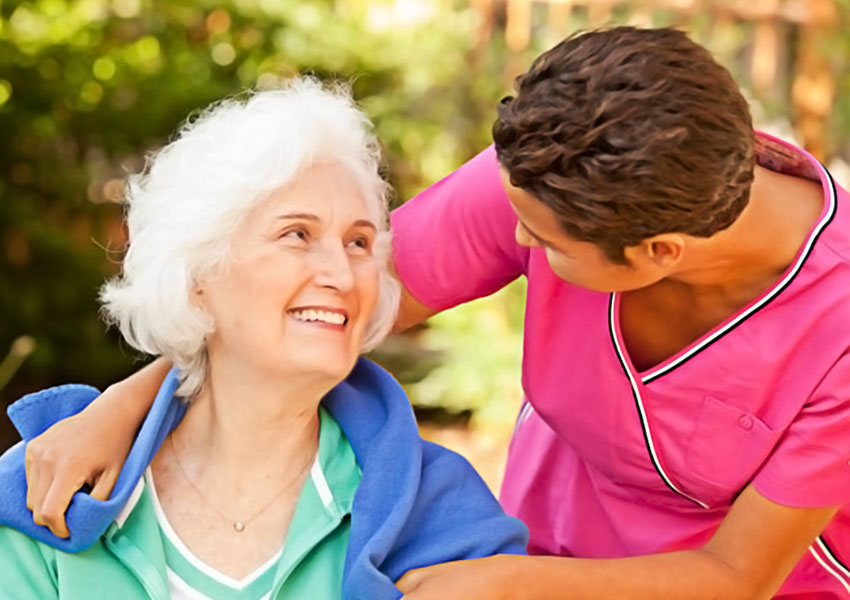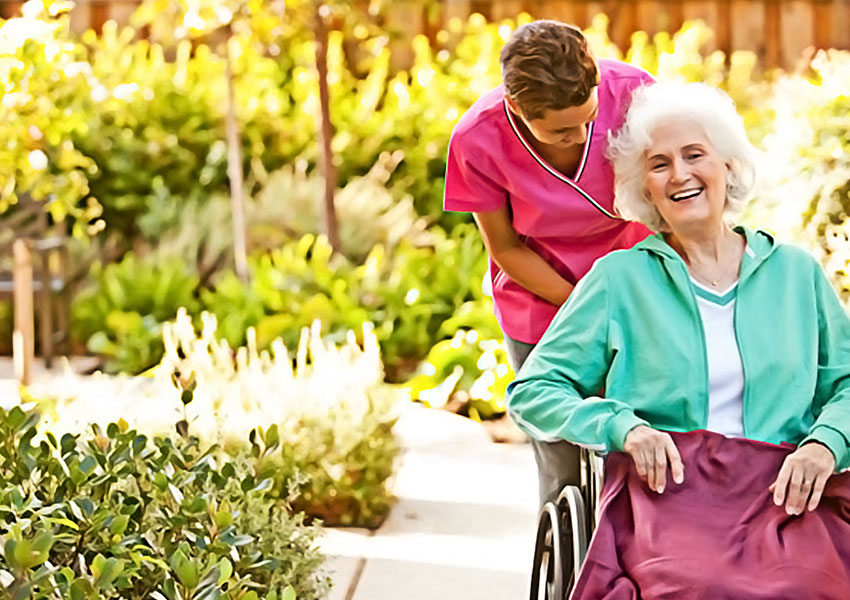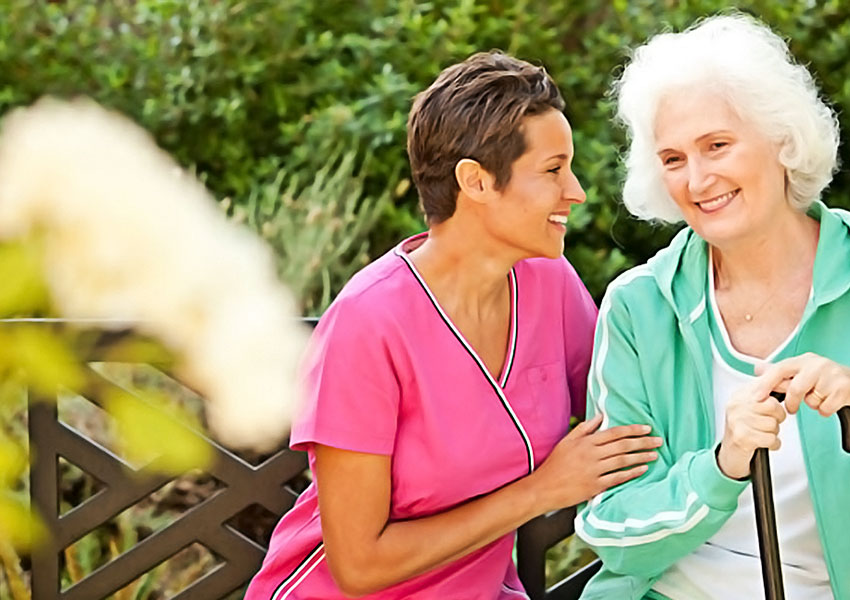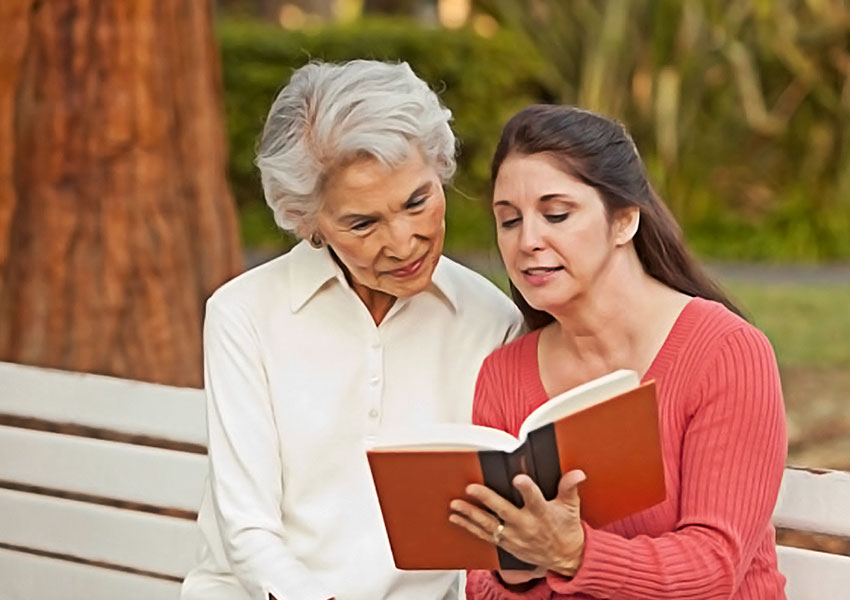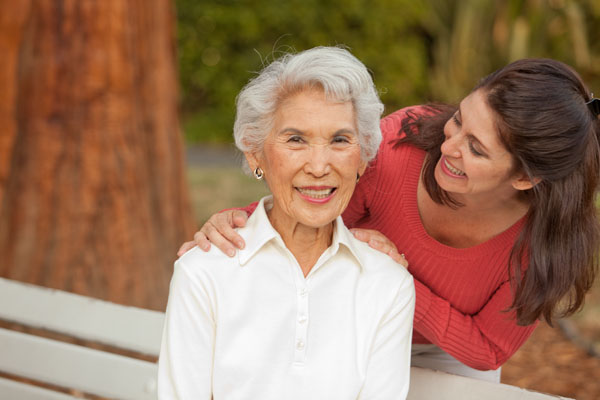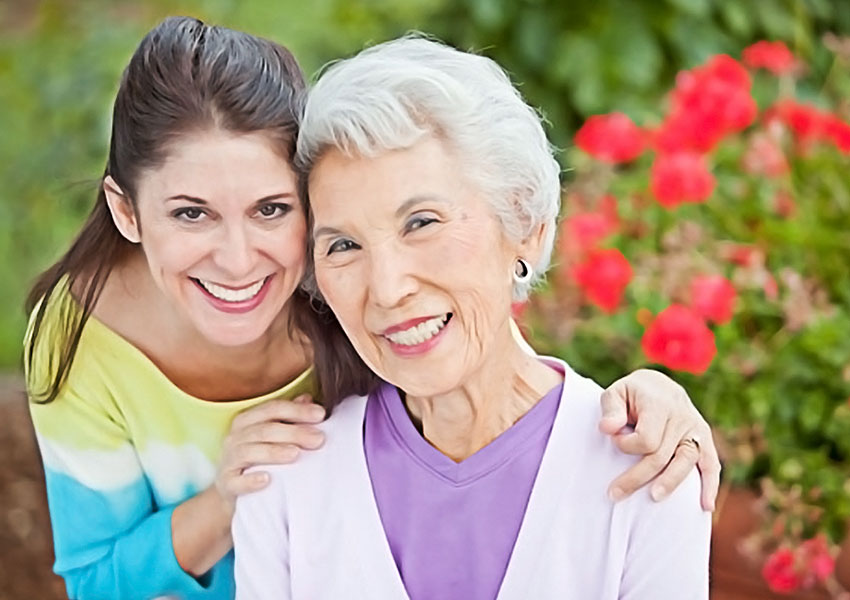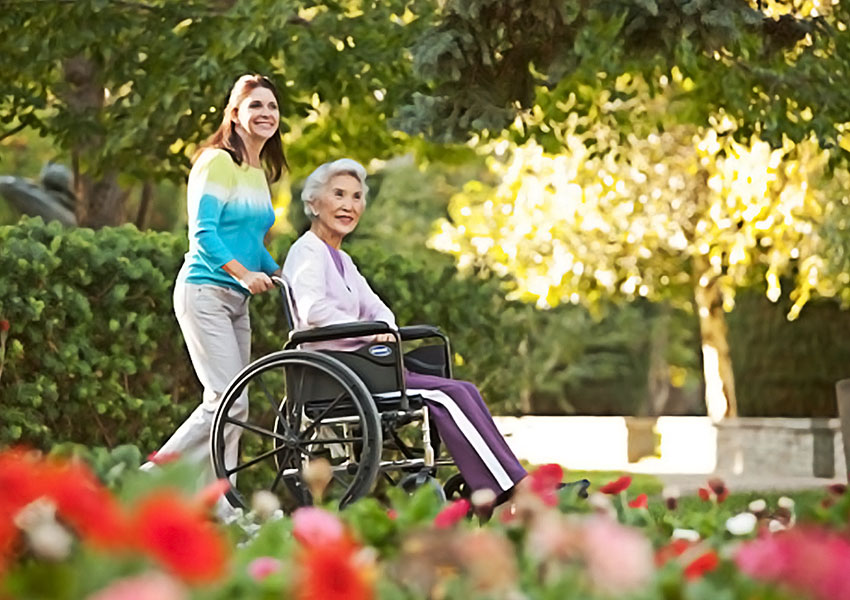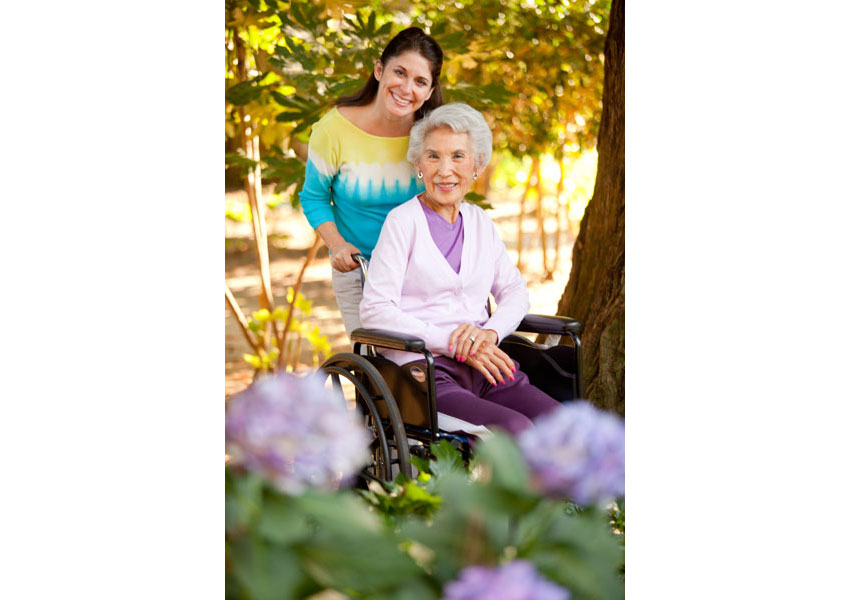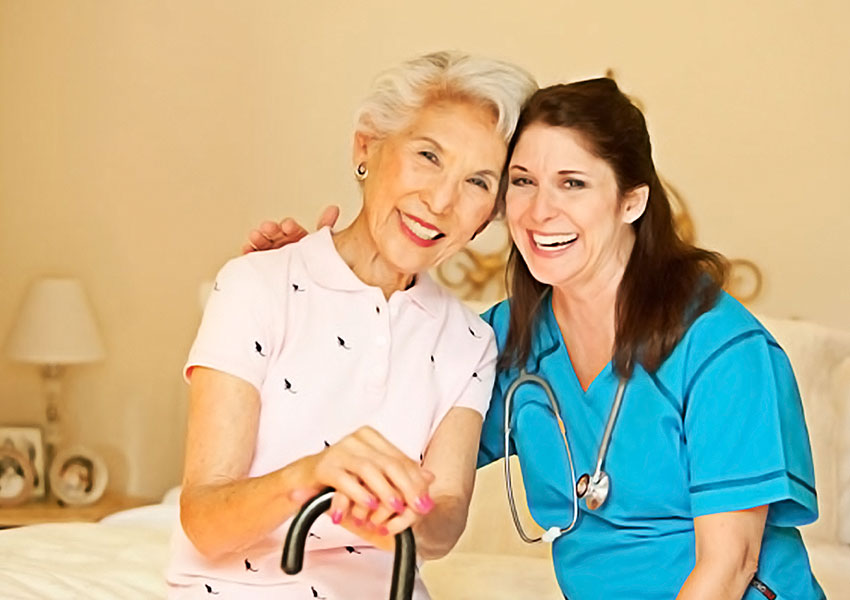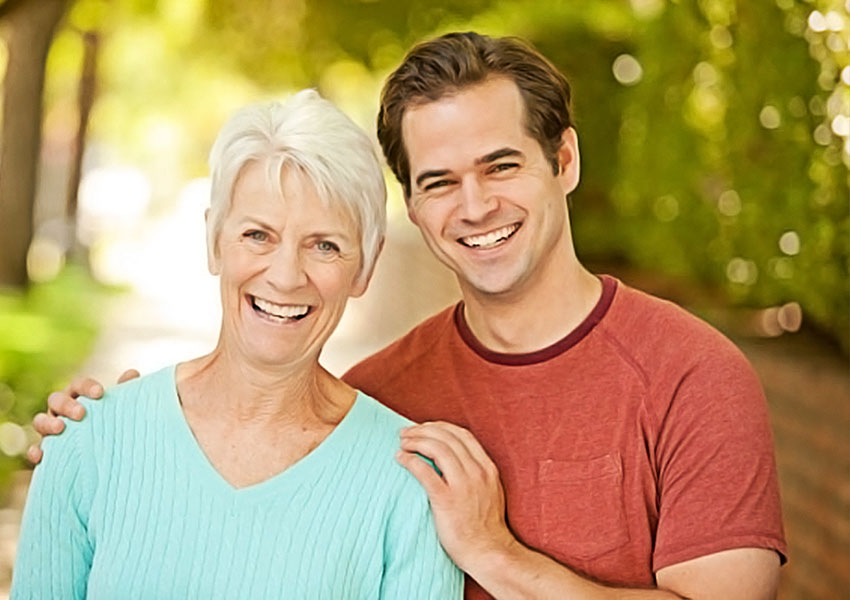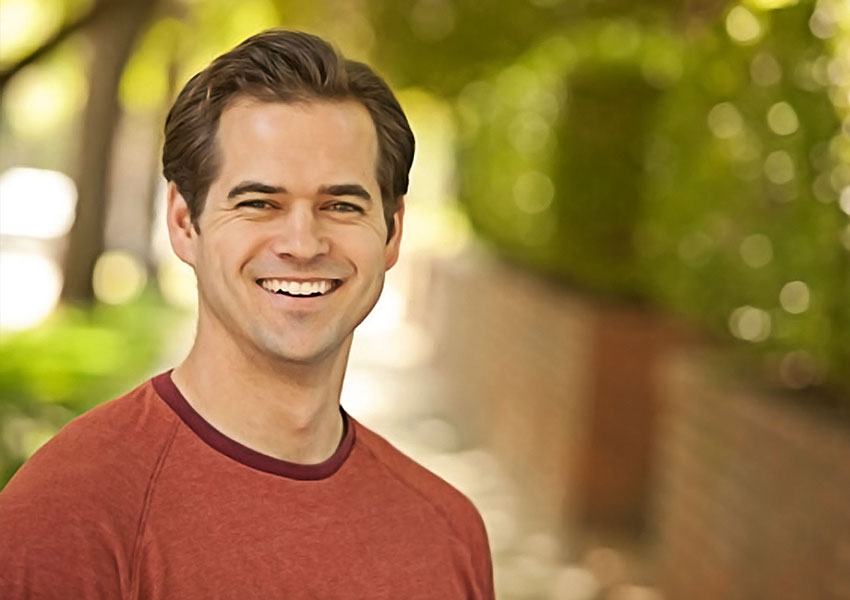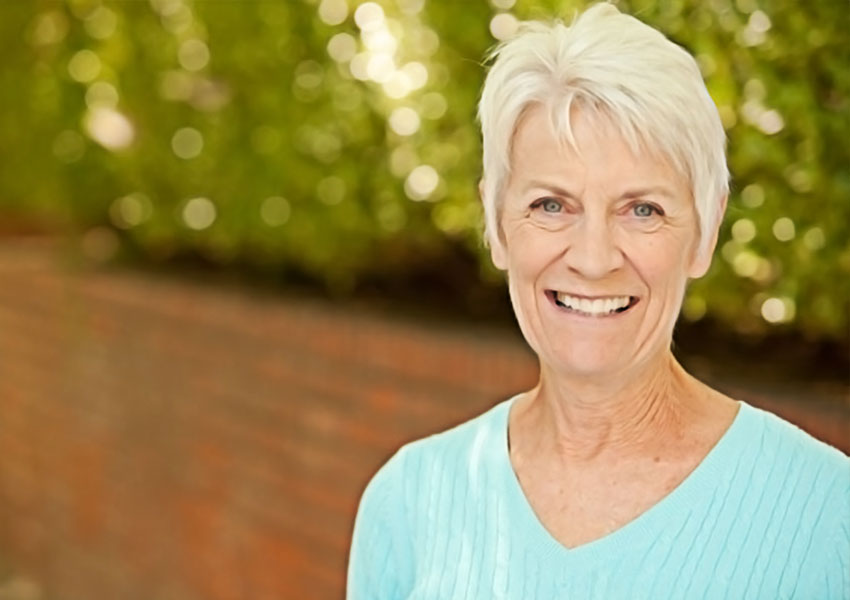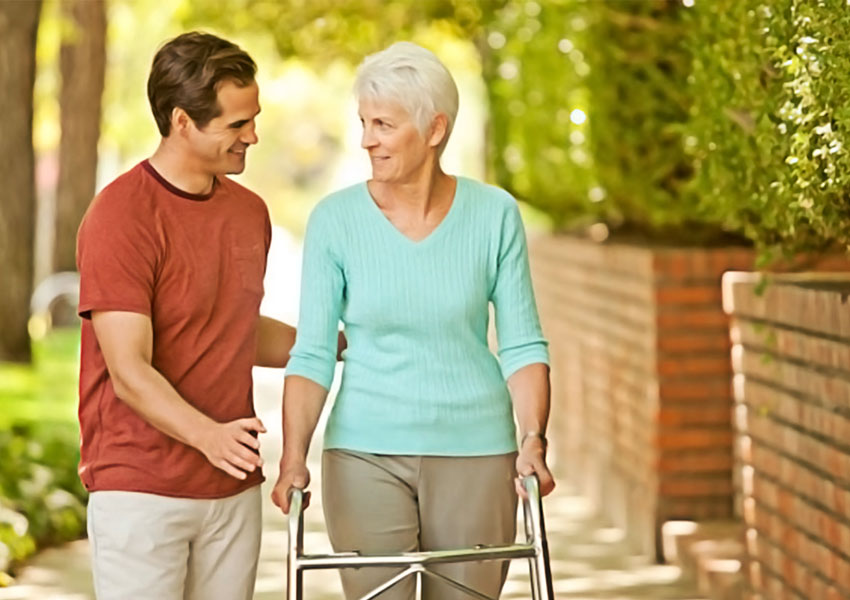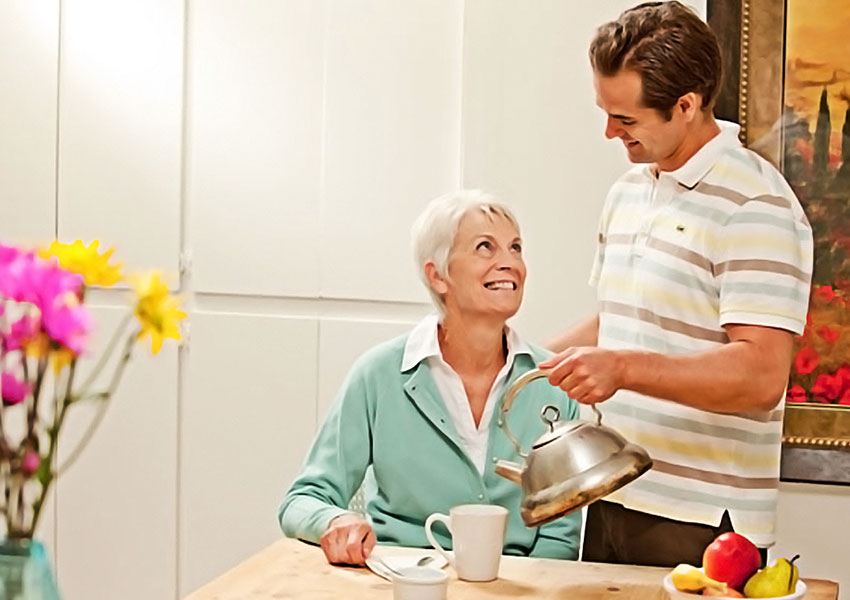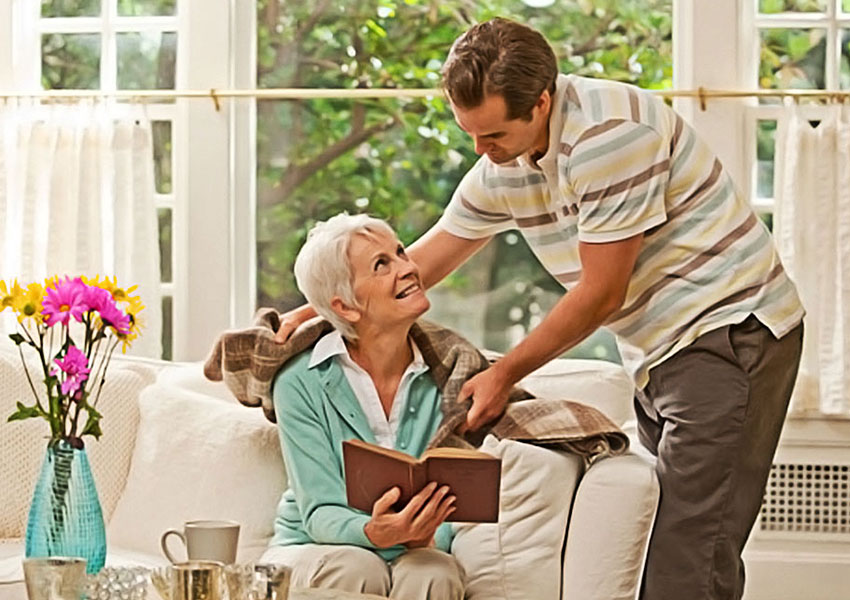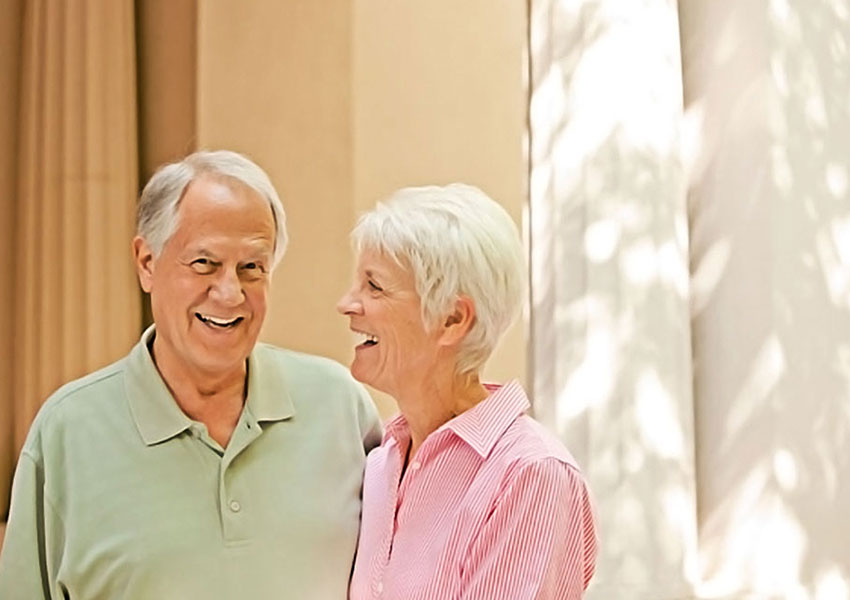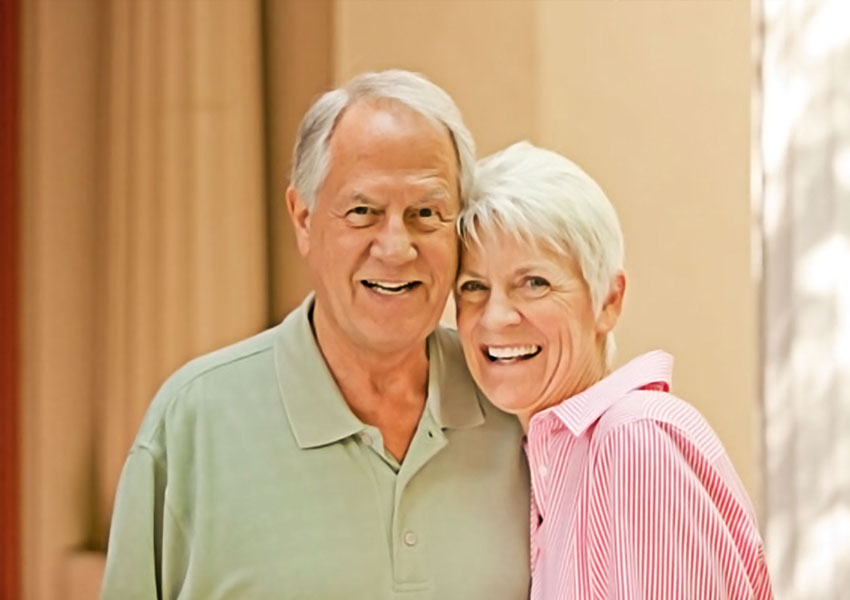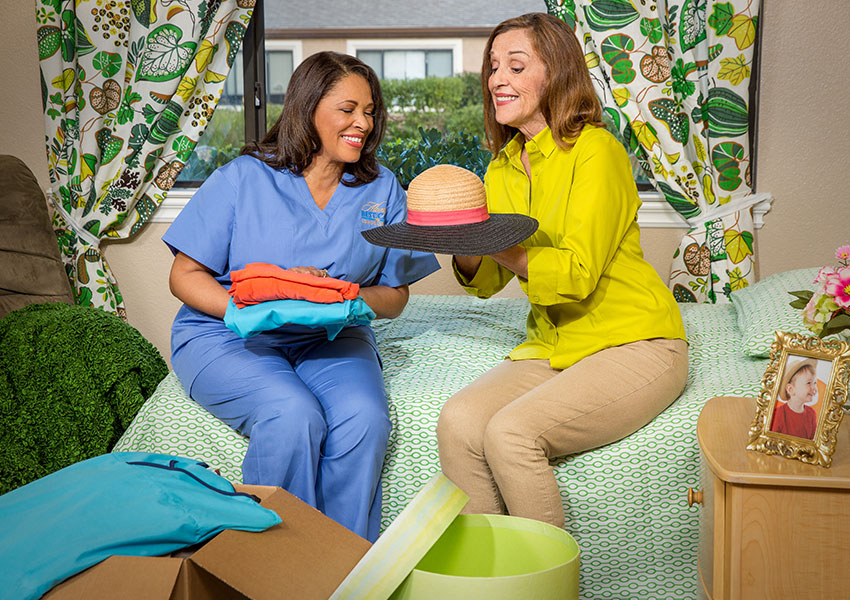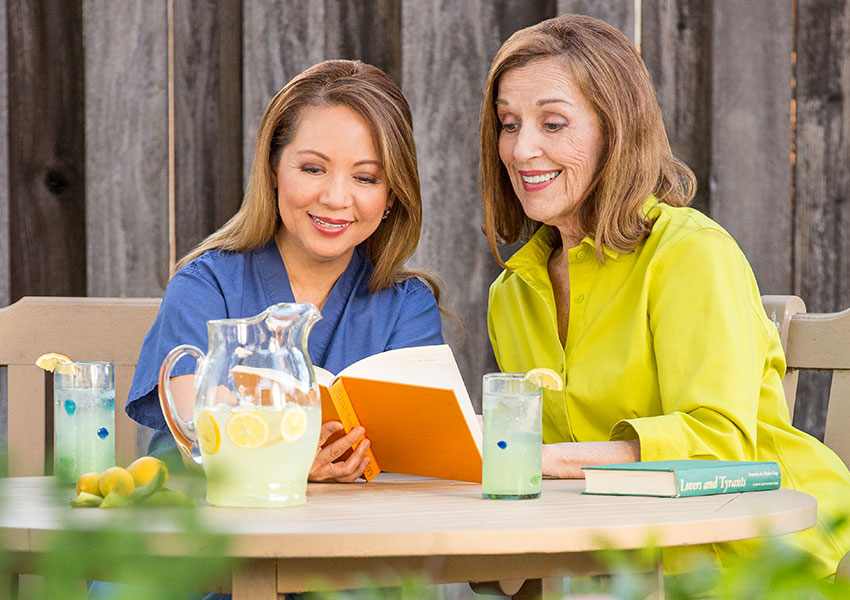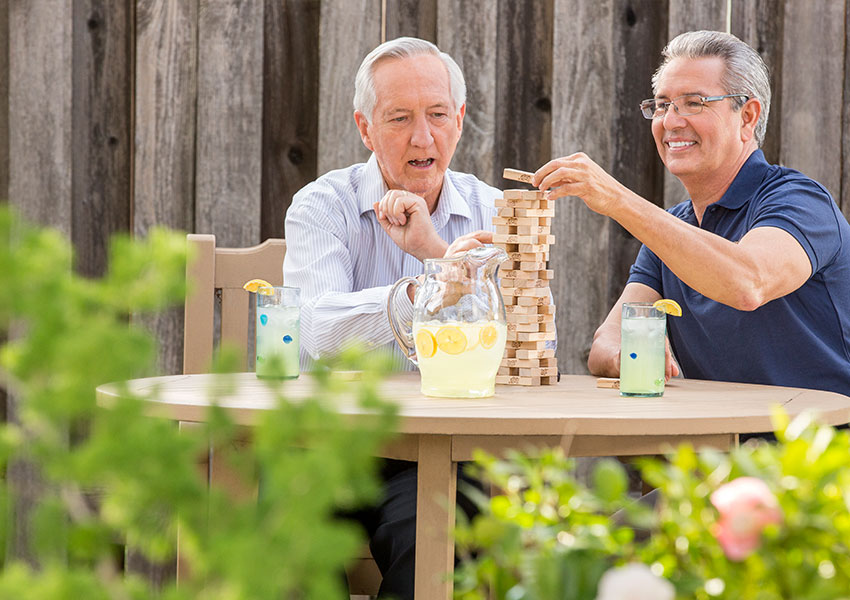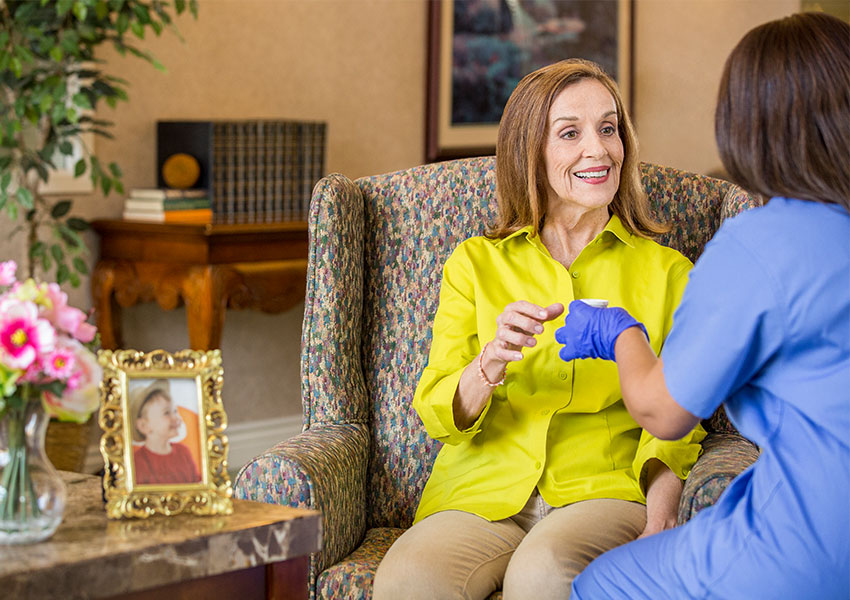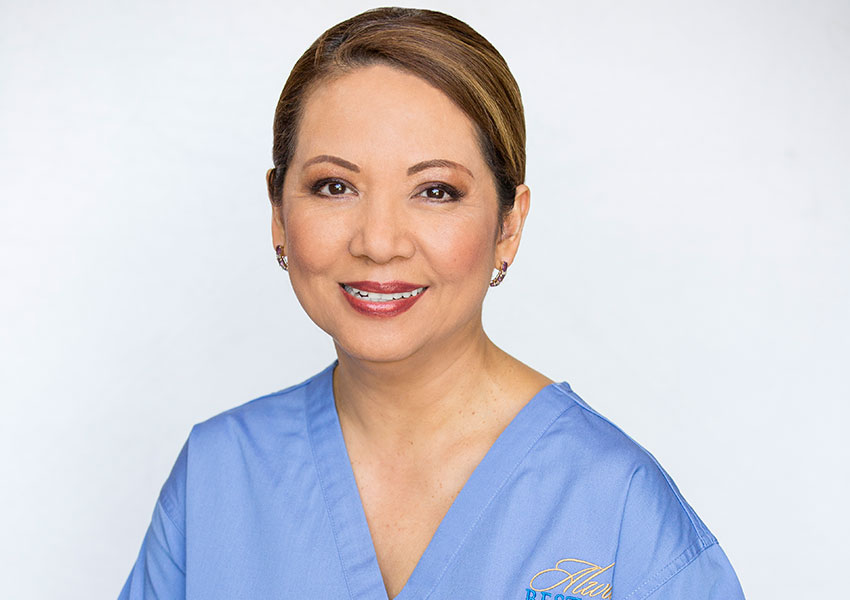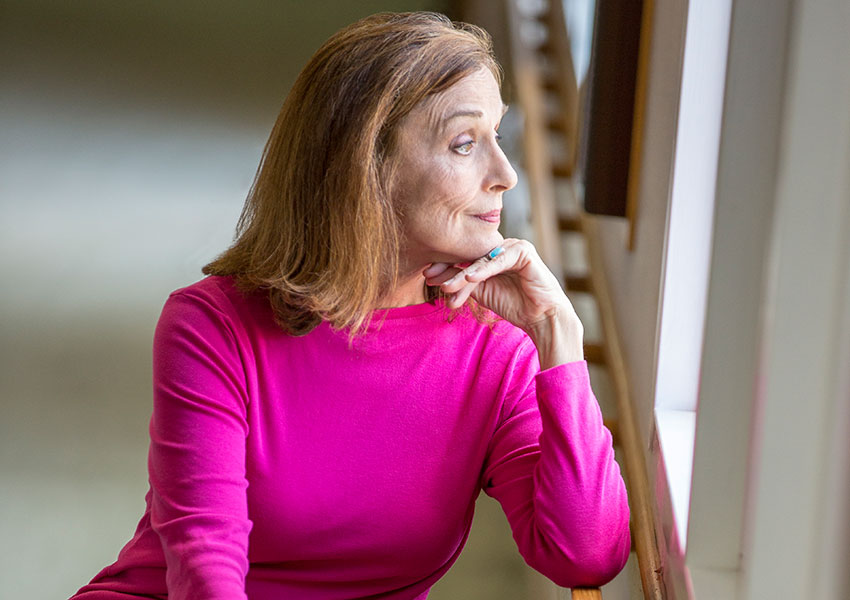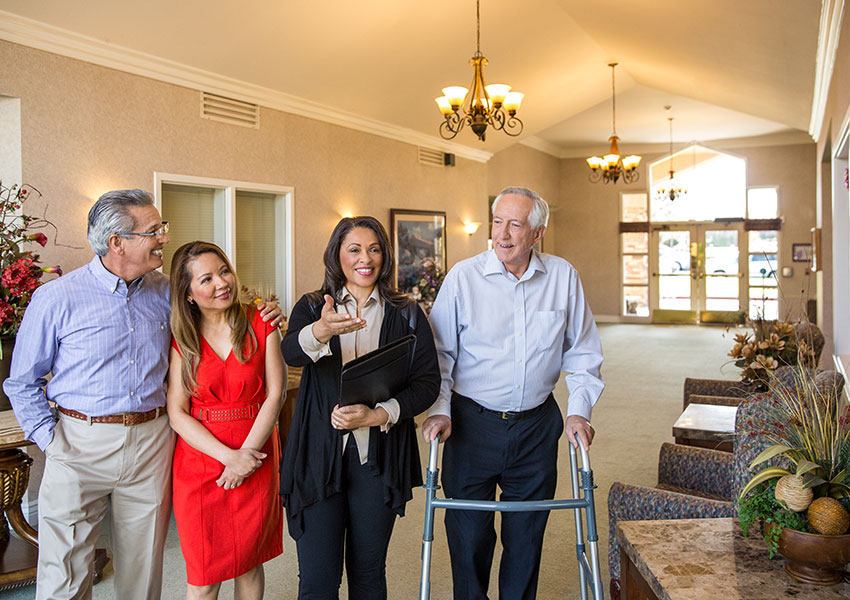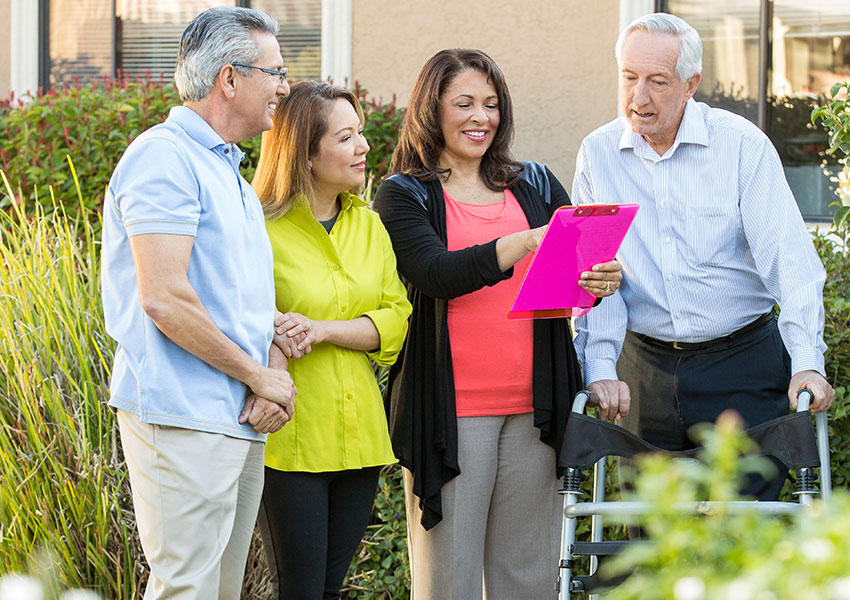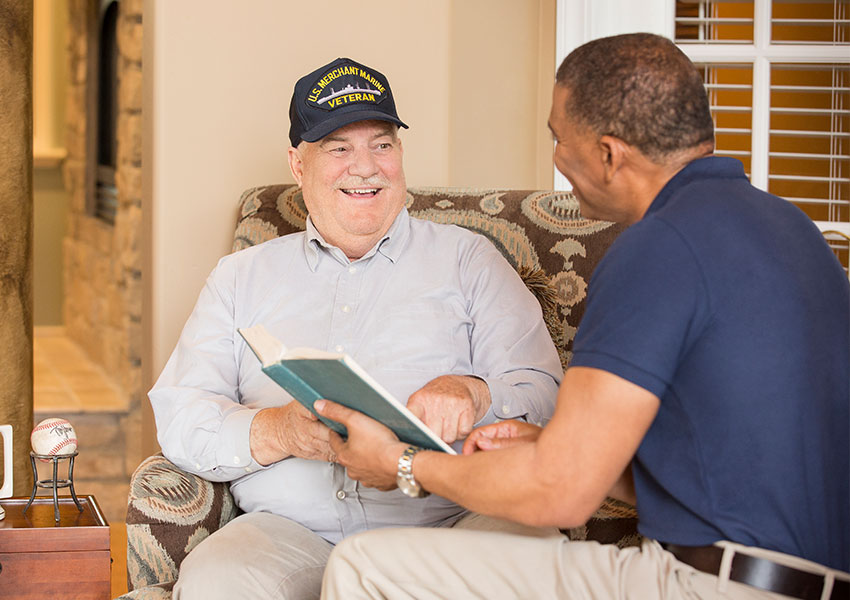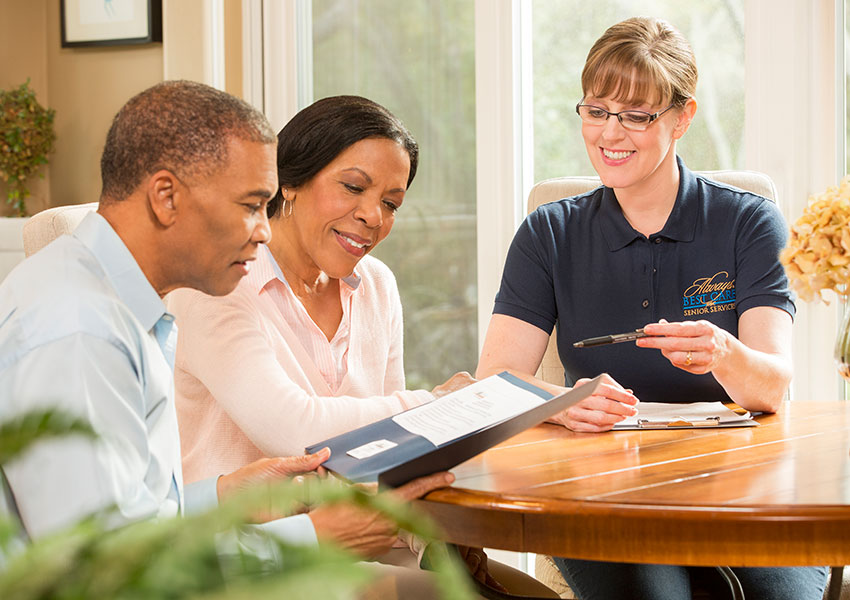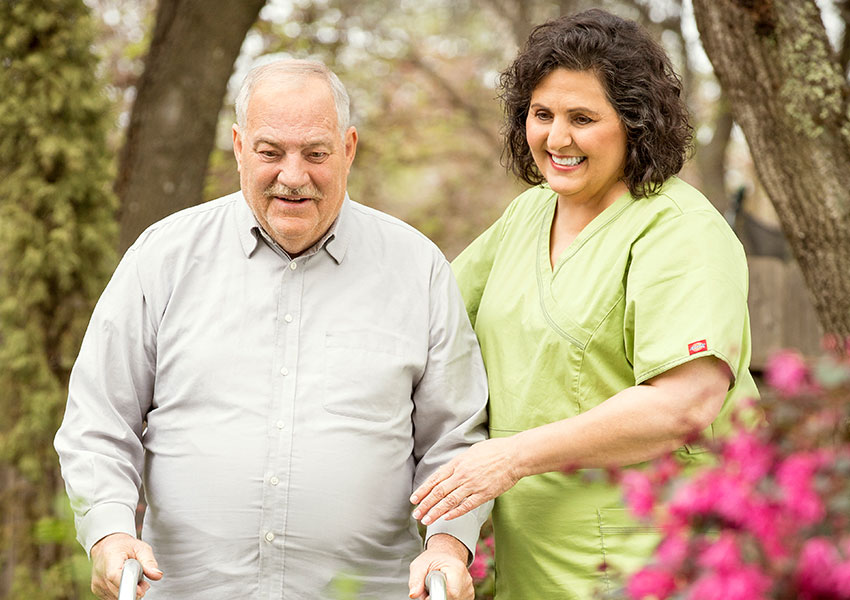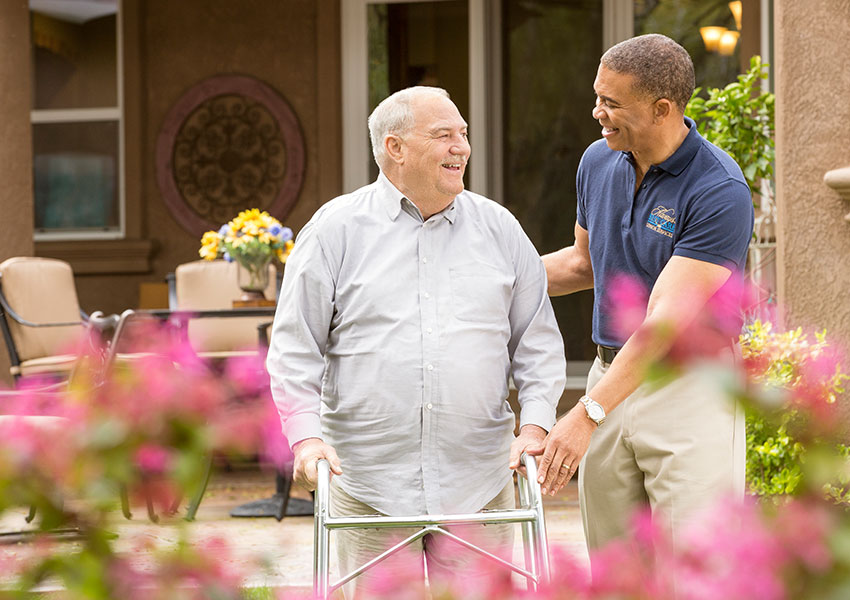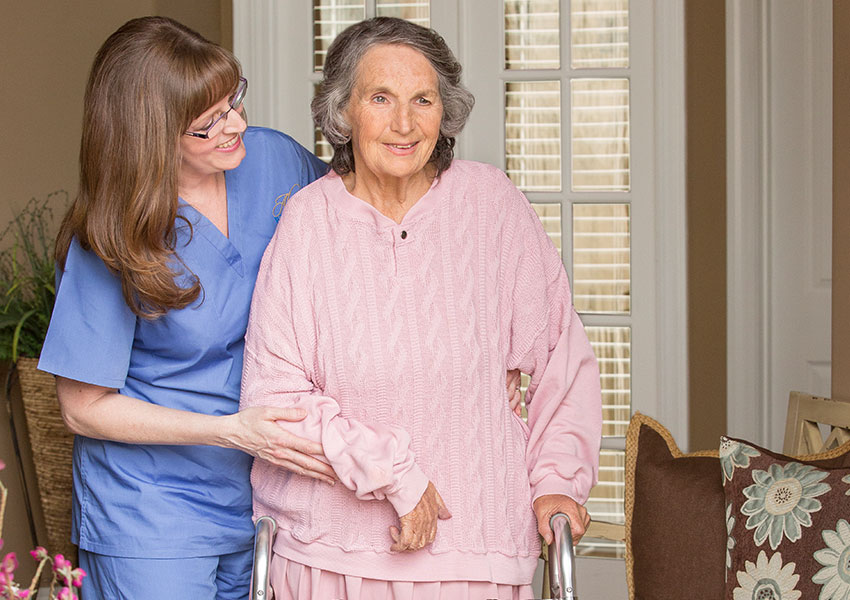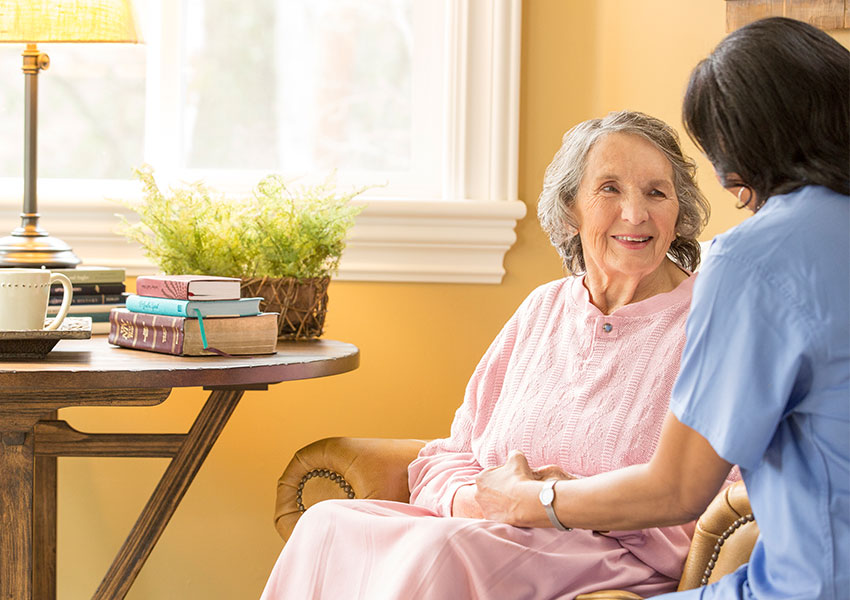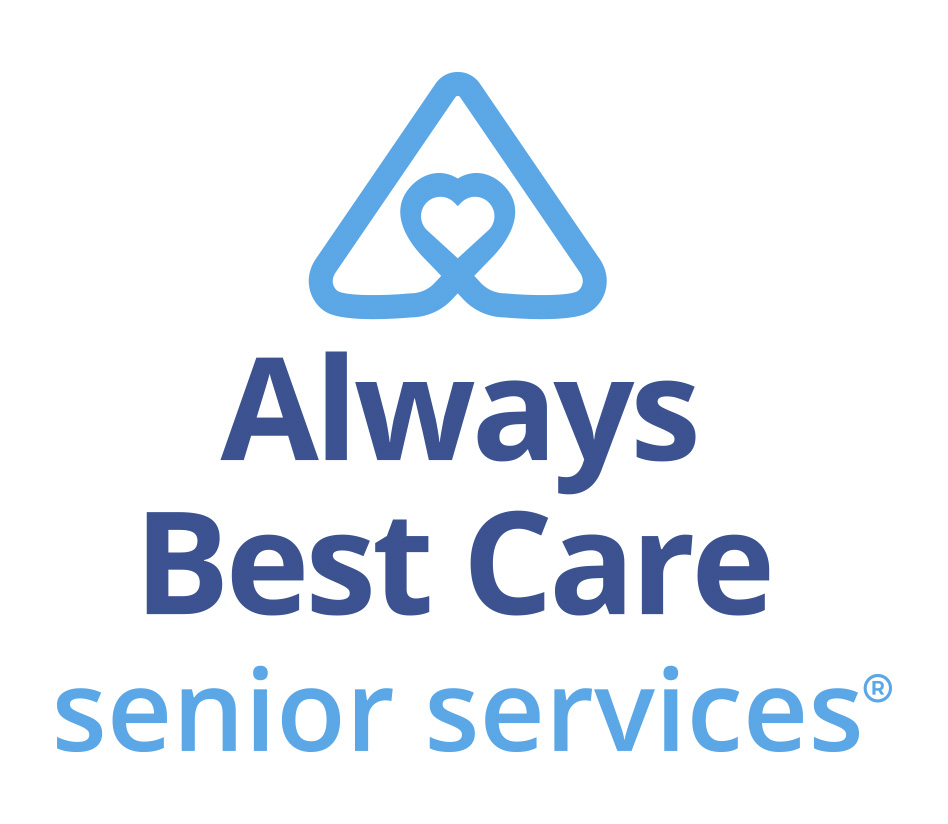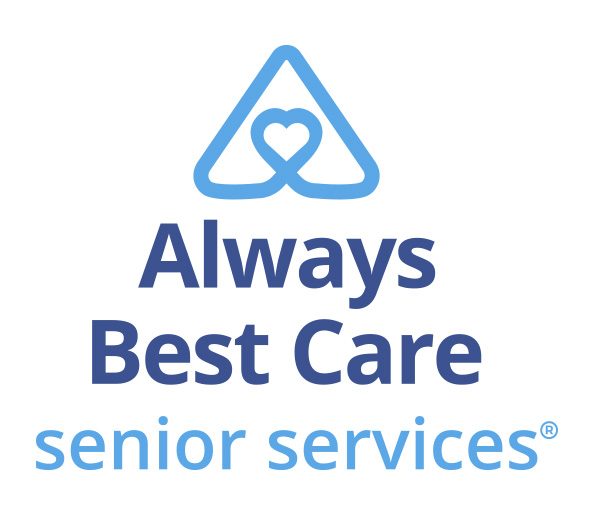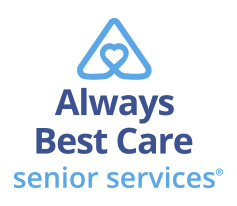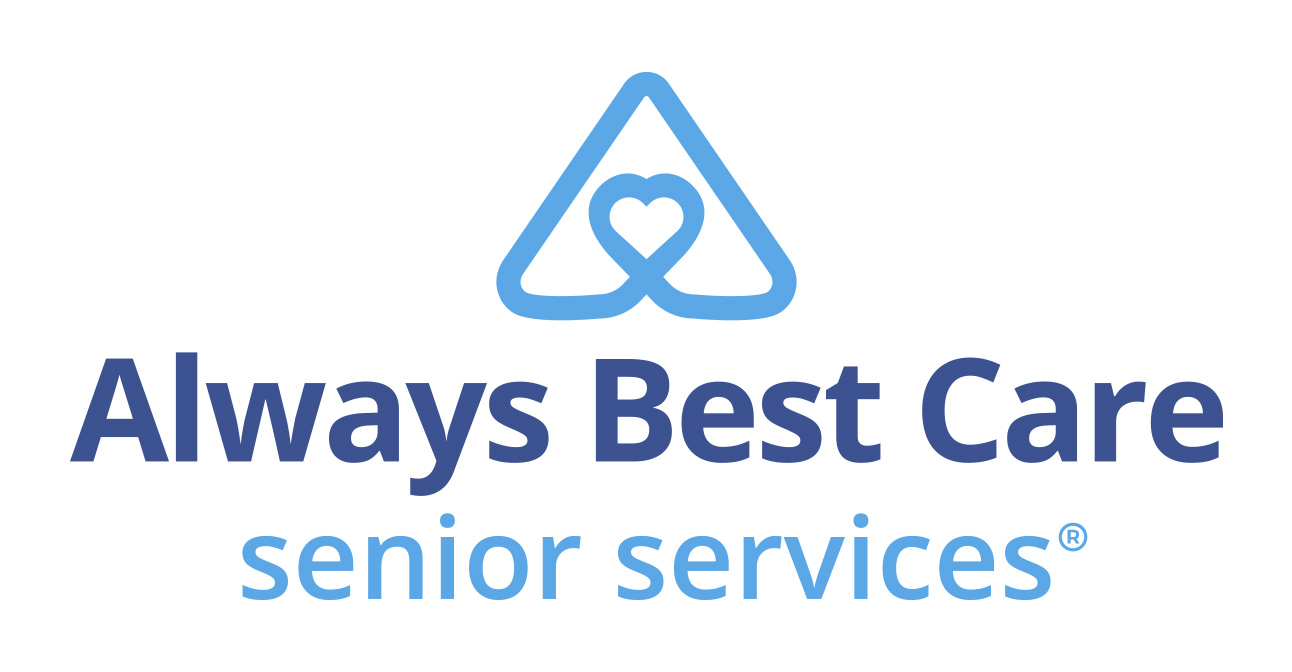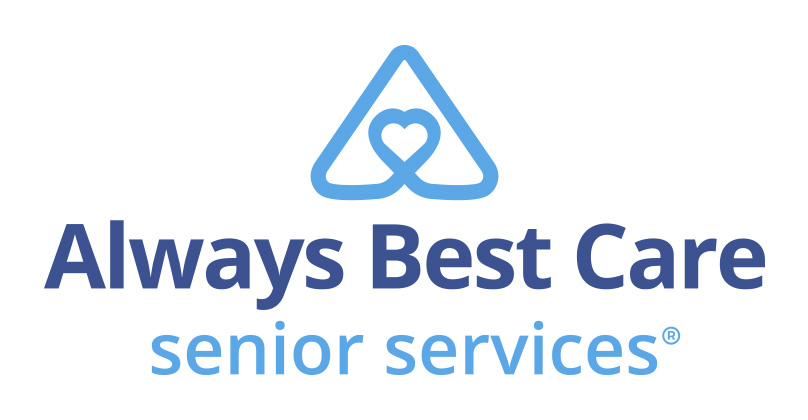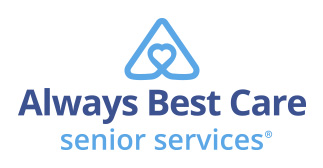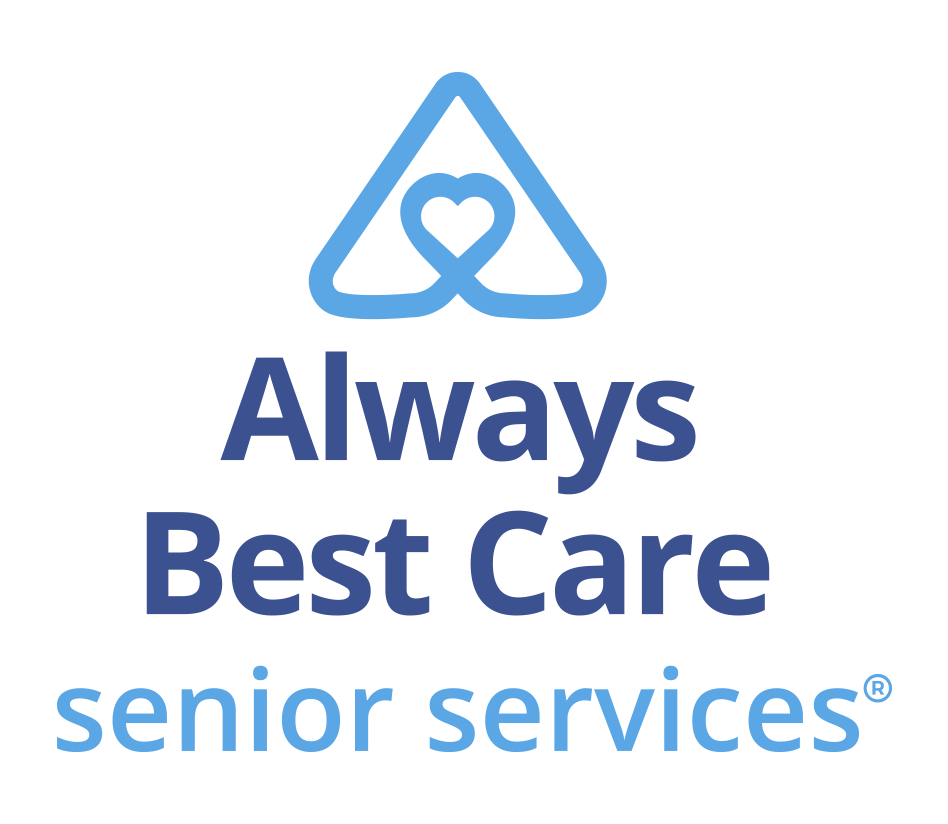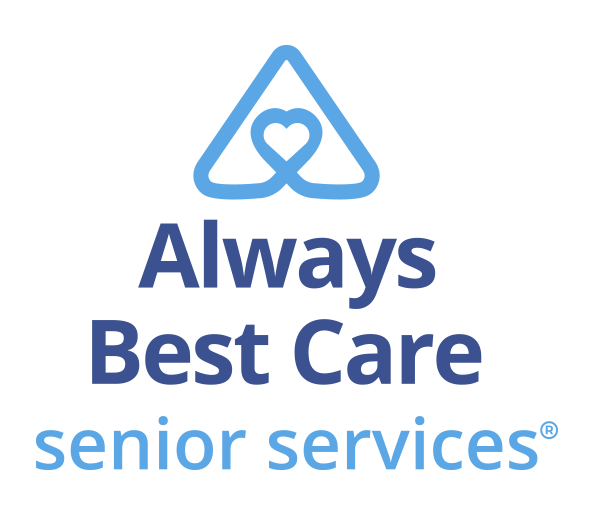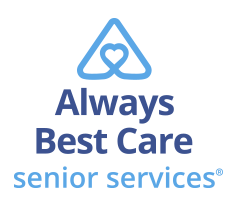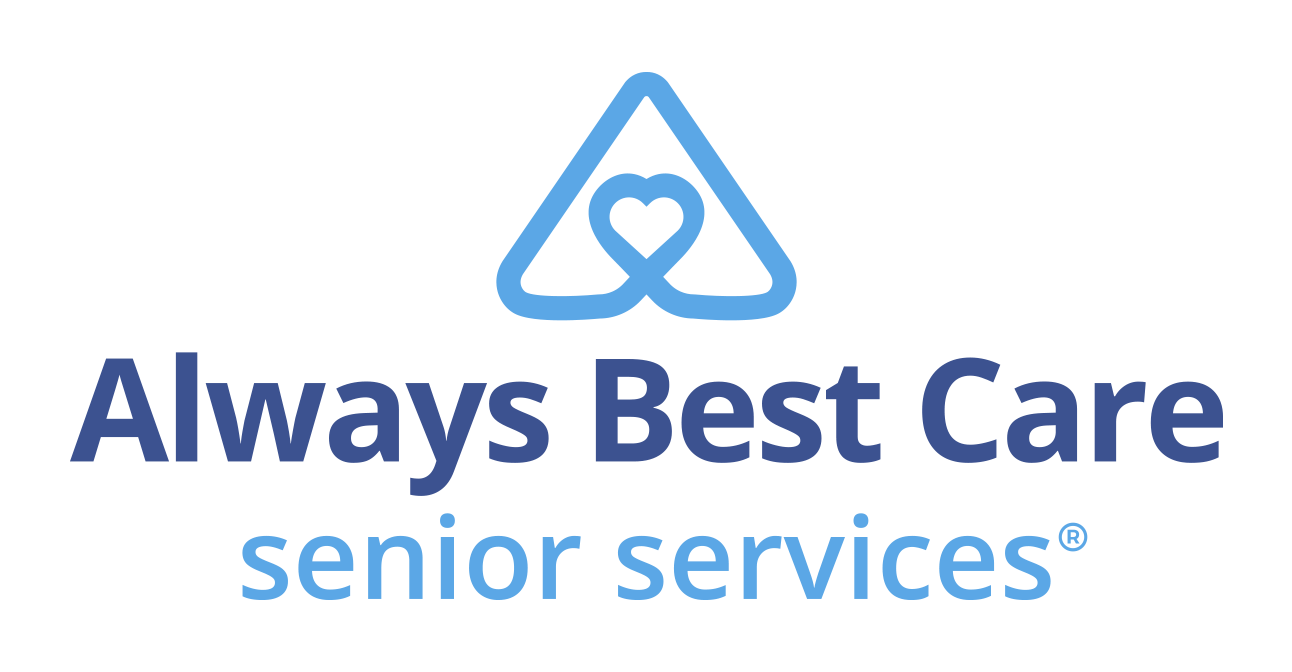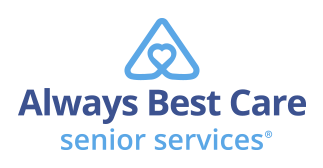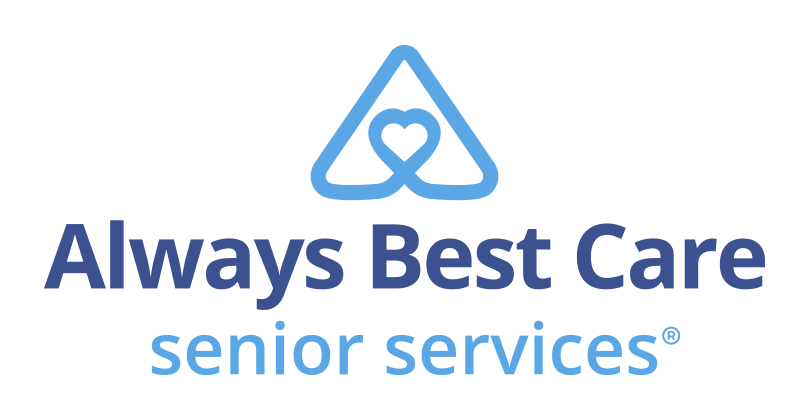 “Alternative” medicine is becoming increasingly popular in our culture. In fact, it’s entered the mainstream discussion of medicine and healing in a big way over the course of the last several years. As a result, more and more people are becoming interested in treatments like acupuncture. Even seniors are getting interested in so-called alternative medicine, with many of them using it to complement the types of traditional care that they’ve benefited from in the past.
“Alternative” medicine is becoming increasingly popular in our culture. In fact, it’s entered the mainstream discussion of medicine and healing in a big way over the course of the last several years. As a result, more and more people are becoming interested in treatments like acupuncture. Even seniors are getting interested in so-called alternative medicine, with many of them using it to complement the types of traditional care that they’ve benefited from in the past.
But do alternative forms of medicine really work? And are they good for seniors?
Alternative vs Complementary
First of all, it’s important to look at the terminology that we use to describe treatments and forms of medicine that don’t fall under the scope of more traditional, Western medicine. “Alternative” isn’t actually the best word to use, since it implies that these treatments are being used instead of tried-and-true Western practices. That being the case, the better word to use is complementary when describing acupuncture and other modalities.
The idea is that these types of medicine aren’t being used to take the place of more traditional treatments; they are being used, instead, to complement and offer additional benefits to other types of medicine. It’s a holistic approach that recognizes that there is lots of good stuff to be found in all approaches, as long as the patient’s health and overall well being remains the most important aspect of care.
Acupuncture as Complementary Medicine for Seniors
The benefits of acupuncture have been well documented, even if doctors and scientists don’t understand exactly how — or why — it works. The important thing to know is that it really does work for a number of people, providing relief that can’t be found by using more traditional types of medicine.
Acupuncture can be especially helpful for seniors because of its ability to ease tension and strain in the body. Muscle stiffness and joint pain can be alleviated, at least temporarily, but sometimes for a longer term, through regular acupuncture treatments. It can also help seniors who suffer from arthritis, allowing them to experience greater flexibility and range of motion.
Acupuncture has also been shown to have an amazing effect on the respiratory system, as well as with depression and other mental illnesses.
So if you have a senior loved one in your life who has been suffering, and traditional medicine hasn’t helped, it’s a good idea to at least give acupuncture a try!
Other Types of Complementary Medicine That Can Help Seniors
Besides acupuncture, there are some other complementary treatments available that can benefit seniors:
- Massage
- Spinal manipulation
- Herbal supplements
- Yoga
- Biofeedback
- Hypnosis
- Homeopathy
The Right Approach
If you are caring for a senior loved one who is interested in complementary medicine, be sure to keep an open dialogue and keep traditional medical professionals informed. There are many benefits to be had, both medically and financially, but complementary medicine approaches work best when they’re integrated intelligently as a part of the overall health care plan.
Learn More
If you’re wondering how you can get help with a senior loved one who requires in-home care, call Always Best Care today at 1 (855) 470-CARE (2273)!
